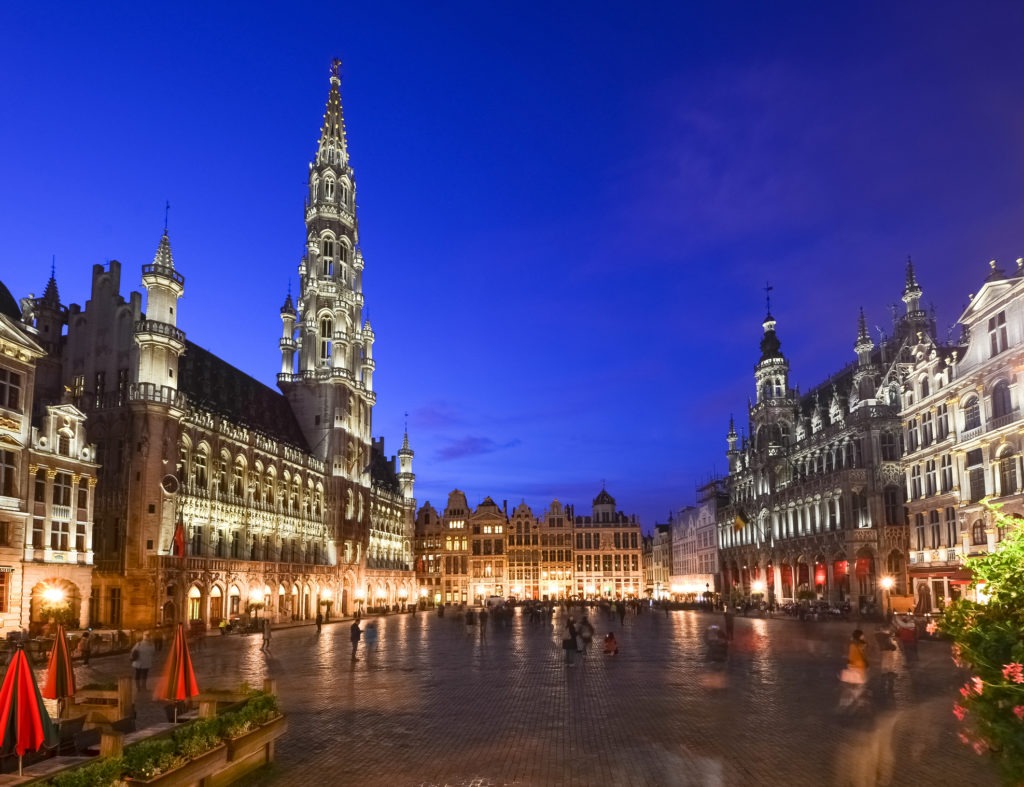Brussels to ban both petrol and diesel vehicles from city roads
30 October 2019

30 October 2019
Brussels is to ban both diesel and petrol vehicles as it looks to tackle increasing levels of air pollution in the city.
The European capital is known as one of the continents most congested cities and has been looking at ways of reducing pollution levels caused by the number of cars that use its roads. The local government will ban diesel vehicles in 2030, with petrol vehicle restricted from entering the city in 2035.
Motorised two-wheel vehicles will also be subject to the bans, and the most polluting motorcycles will be banned from 2022.
Investment needed
The city currently has a notoriously bad infrastructure for cyclists and inadequate public transport. This is set to change with major investments in public transport with the increase of tram and bus routes as well as cycle networks and pedestrian tunnels.
The Belgian automotive federation Febiac says the plan needs more work, claiming ′Specific plans, measures and the budget to work through all of it in such a time period are non-existent.’ Being more specific they extrapolated: ′Already today, Brussels is lagging far behind, for example, in the deployment of the essential charging infrastructure.’
While Cathy Macharis of the BUV’s Centre for Urban Studies agreed that ′we need more charging stations, and fast. Businesses are also going to have to install charging stations.’ She also said she thinks the plan is ′certainly possible’, pointing out that ′The average lifespan of a car is 15 years, so now is the time to announce the goals.’
European goals
The measures in the climate plan released by the local government will see CO2 emissions in the city drop 40% by 2030 and make it completely decarbonised by 2050, in line with an incoming European Union goal.
The long lead-time ahead of the ban will allow drivers to upgrade their vehicles, while carmakers themselves can continue to develop new models using electric and hydrogen technology. In addition, the 16-year gap between now and the diesel ban will allow the market for electrically chargeable vehicles and hydrogen models to flourish.